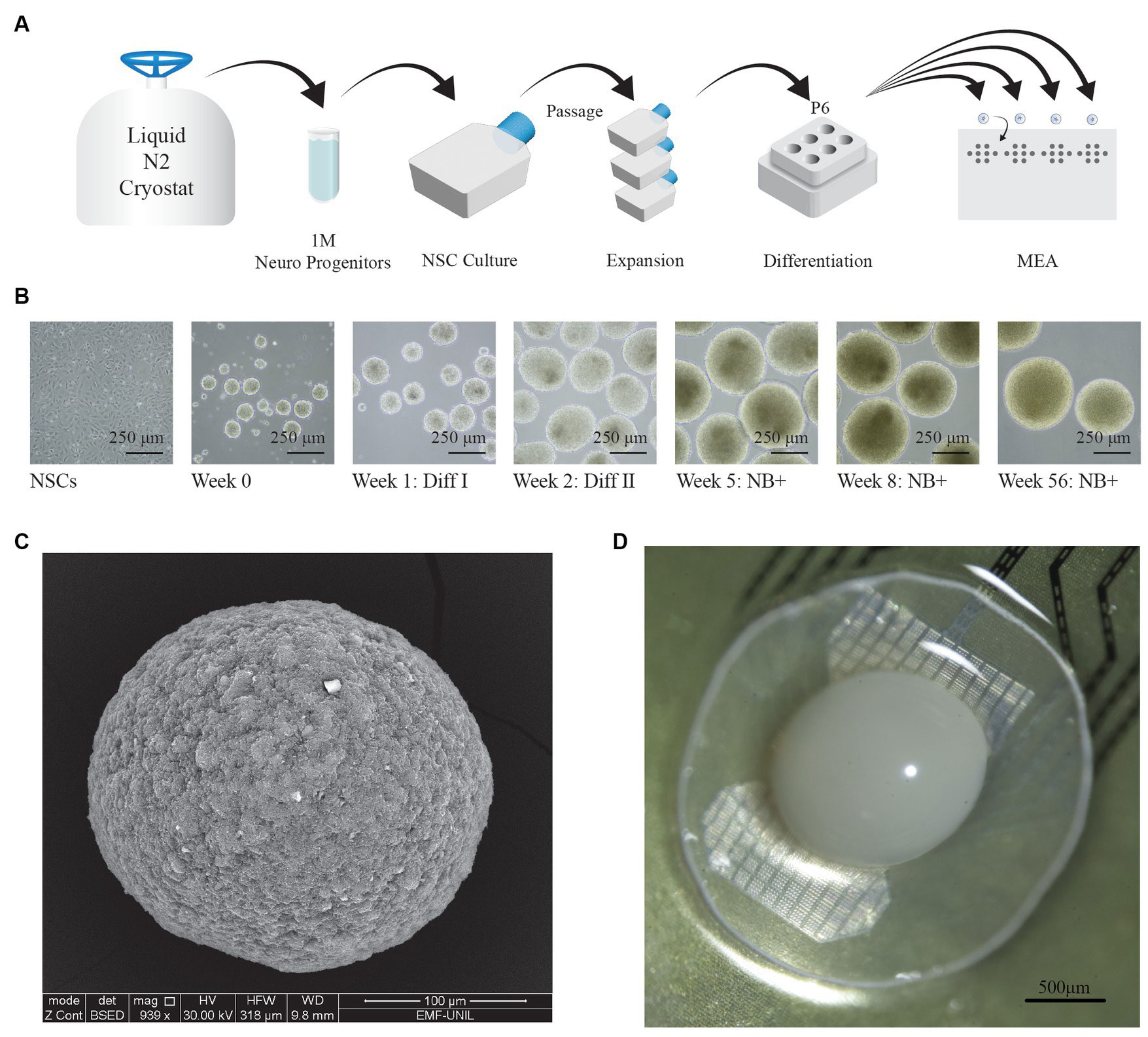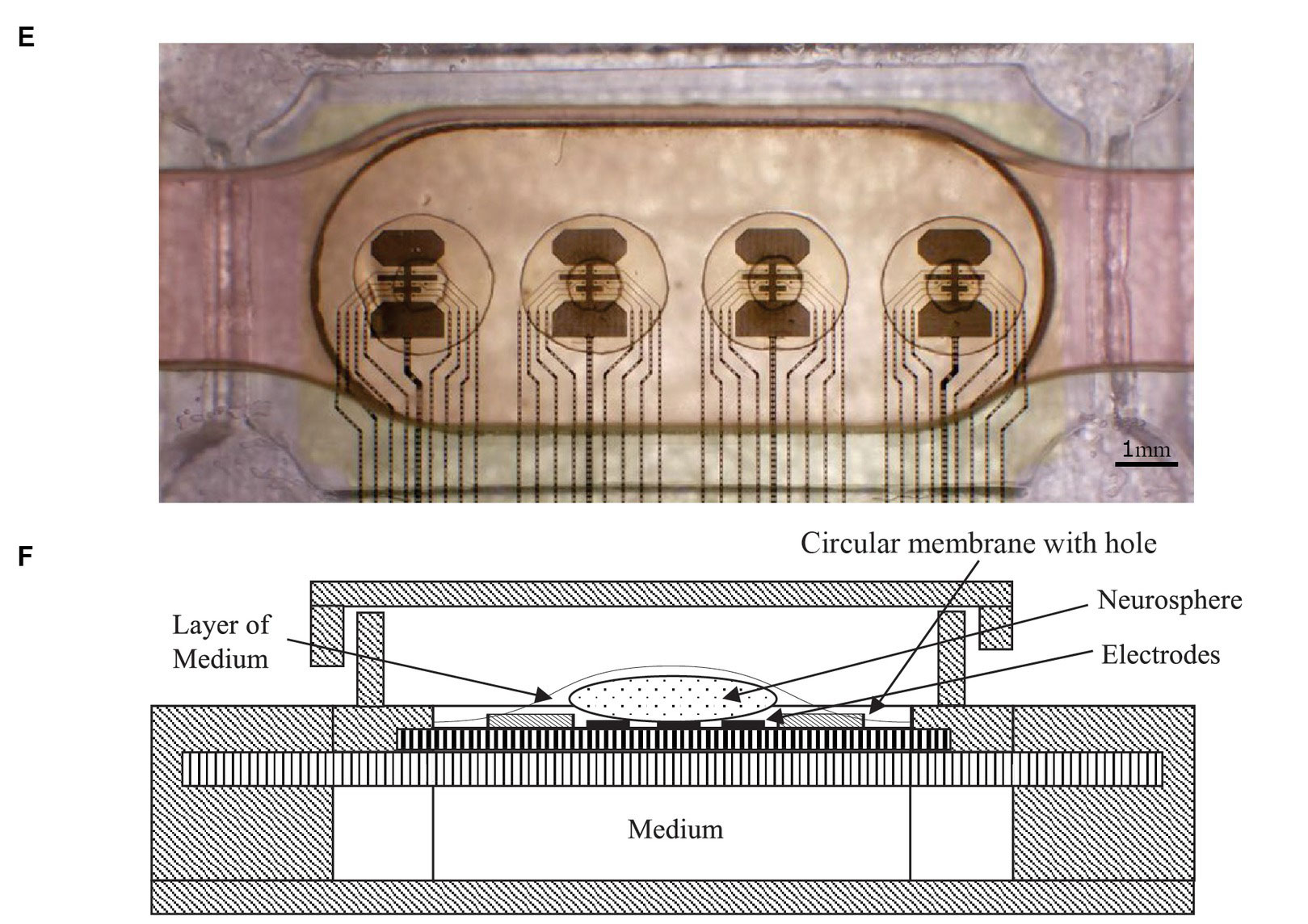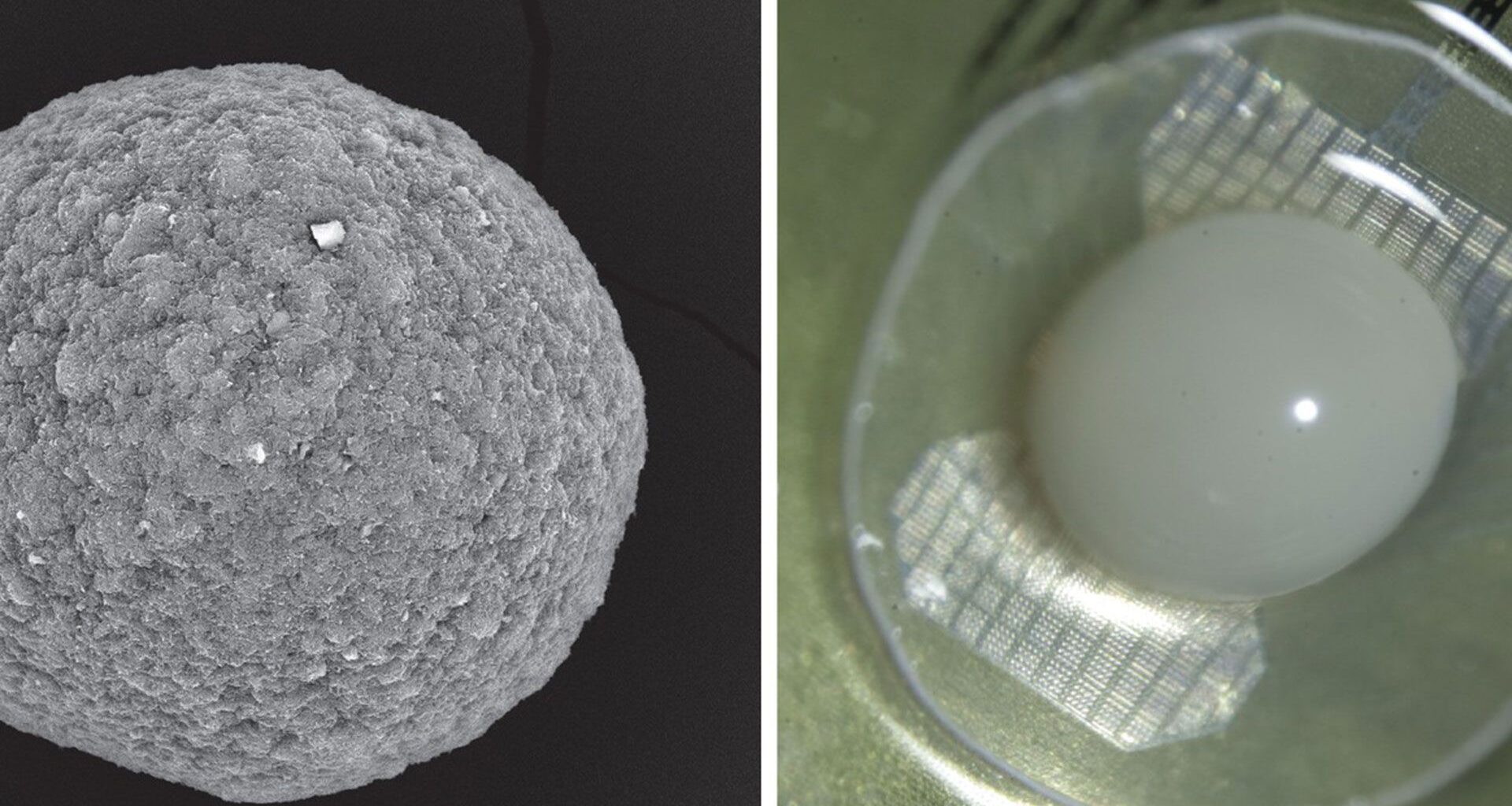A report detailing a tour of a Swiss lab, where researchers are working to develop computers powered by mini human brains, has been published by the BBC. The UK’s national broadcaster sent a reporter to visit the labs run by FinalSpark. This is the firm which, last year, opened up paid 24/7 remote access to its organoid bioprocessors, starting at $500 per month.
As a reminder, organoids are essentially tiny, lab-grown brains. However, they differ from a fully-developed brain by their uniform nature, and consist of just one kind of neural building block that would be present in a human brain.
You may like
Developing and maintaining a biocomputer
The BBC explained the process of creating brain organoids: from skin cells to stem cells, which are cultured to become clusters of neurons, which then grow into the organoids used for biocomputing. Kleinman was allowed to handle some dishes containing the organoids, which were described as “several small white orbs.”
Image 1 of 2
 FO generation and MEA setup. (A) Protocol used for the generation of forebrain organoids (FO). Neural progenitors are first thawed, plated and expanded in T25 flasks. They are then differentiated in P6 dishes on orbital shakers, and finally manually placed on the MEA. (B) Representative images showing various stages of FO formation and differentiation, taken at different time points. The scale bar represents 250 μm. (C) Image of a whole FO taken with scanning electron microscope. The scale bar represents 100 μm. (D) Microscope view of the FO (in white) sitting on the electrodes of the MEA, and the membrane. The hole in the membrane is not visible on the picture since it is hidden by the FO. The scale bar represents 500 μm (Image credit: FinalSpark)
FO generation and MEA setup. (A) Protocol used for the generation of forebrain organoids (FO). Neural progenitors are first thawed, plated and expanded in T25 flasks. They are then differentiated in P6 dishes on orbital shakers, and finally manually placed on the MEA. (B) Representative images showing various stages of FO formation and differentiation, taken at different time points. The scale bar represents 250 μm. (C) Image of a whole FO taken with scanning electron microscope. The scale bar represents 100 μm. (D) Microscope view of the FO (in white) sitting on the electrodes of the MEA, and the membrane. The hole in the membrane is not visible on the picture since it is hidden by the FO. The scale bar represents 500 μm (Image credit: FinalSpark) (E) Overview of the MEA, where the 32 electrodes are visible as 4 sets of 8 electrodes each. An FO is placed atop of each set of 8 electrodes, visible as a darker area. For each FO, the 2 circles correspond to a 2.5 mm circular membrane with a central hole. The scale bar represents 1 mm. (F) Cross-sectional view of the MEA setup, illustrating the air-liquid interface. The medium covering the FO is supplied from the medium chamber through the porous membranes.(Image credit: FinalSpark)
(E) Overview of the MEA, where the 32 electrodes are visible as 4 sets of 8 electrodes each. An FO is placed atop of each set of 8 electrodes, visible as a darker area. For each FO, the 2 circles correspond to a 2.5 mm circular membrane with a central hole. The scale bar represents 1 mm. (F) Cross-sectional view of the MEA setup, illustrating the air-liquid interface. The medium covering the FO is supplied from the medium chamber through the porous membranes.(Image credit: FinalSpark)
In addition to the considerable time required to cultivate organoids, there are other maintenance concerns that are alien to traditional silicon-based computing.
Currently, scientists can’t mimic the way an animal’s brain receives nutrition via blood vessels. Though advances have been made, organoids can currently only survive for about four months.
Interestingly, it has been observed that there is sometimes a flurry of activity for 10s before an organoid ‘dies.’ Is it seeing its life flash before its eyes? Despite that parallel, and the knowledge of their organic nature, the scientists dismiss the lives of organoids, “We shouldn’t be scared of them, they’re just computers made out of a different substrate of a different material,” one researcher told Kleinman.
Organoid applications
In biocomputing, organoid wetware is developed to be “prompted to respond to simple keyboard commands.” Input is made via electrodes, and scientists can monitor brain responses visually on a graph, which is like an EEG machine output. We are still in the early stages of interacting with and prompting organoids. Thus, FinalSpark’s online bioprocessor access is currently touted mainly as an attractive platform for research into biocomputing.
Beyond the FinalSpark labs, the BBC says that other biocomputing firms have cultured artificial neurons to play Pong, for example. Perhaps they are referencing this development, which we reported on a year previously.
Other firms are using these ‘mini brains’ in a more traditional biological research capacity – checking how new drugs work to combat neurological conditions like Alzheimer’s and autism
Refocusing on computing, a lot of the promise of wetware is held in the hope that it will bring brain-like speed and efficiency to processing, particularly with regard to AI. It is currently thought that wetware will ease into the practical computing space to complement, rather than replace, silicon. However, it is still difficult to know exactly what niches wetware will excel in, what its killer app will be…
Follow Tom’s Hardware on Google News, or add us as a preferred source, to get our up-to-date news, analysis, and reviews in your feeds. Make sure to click the Follow button!

